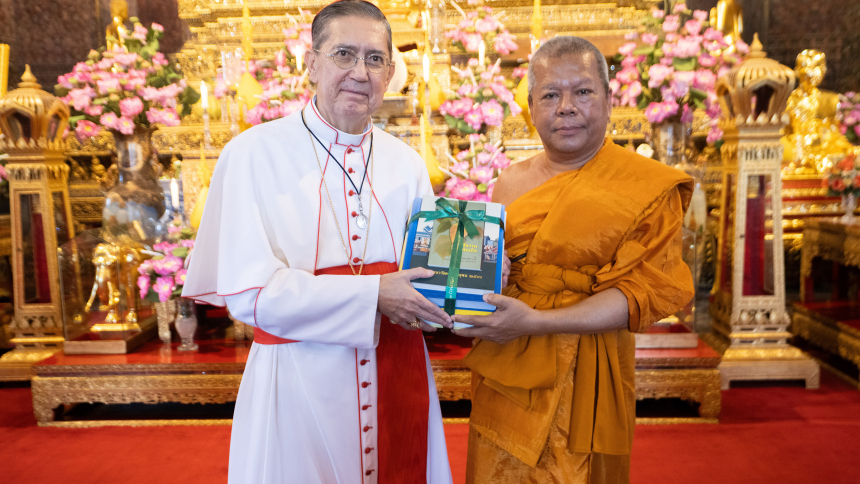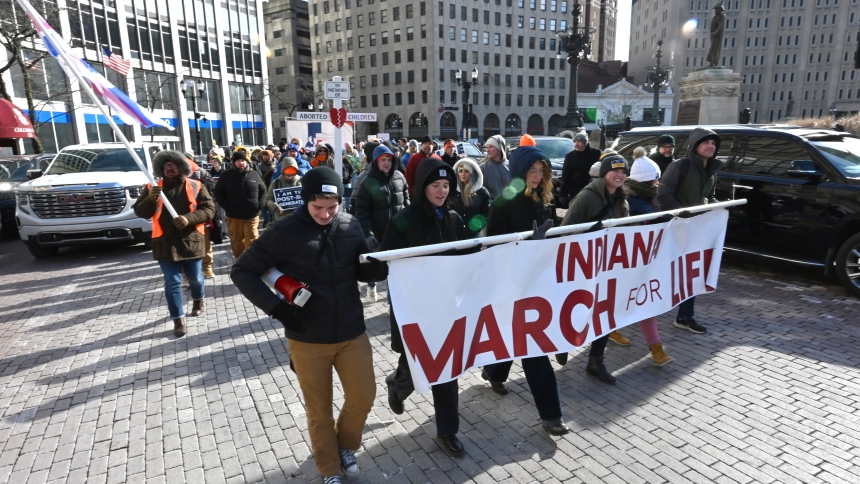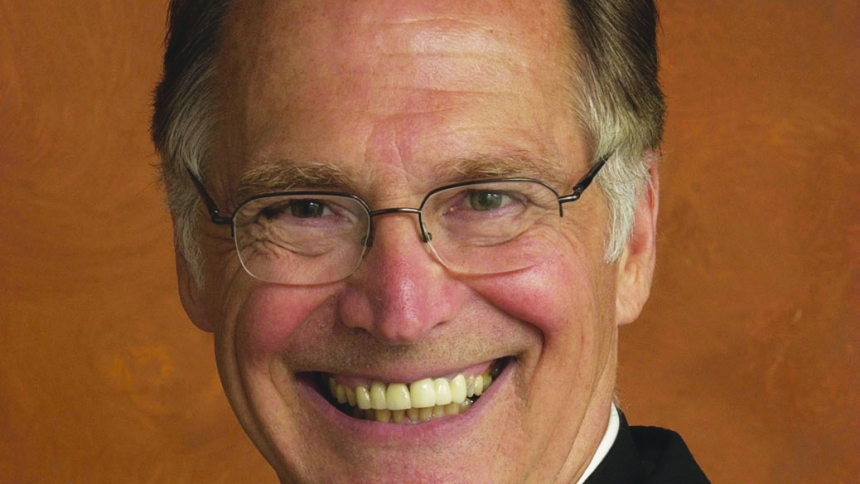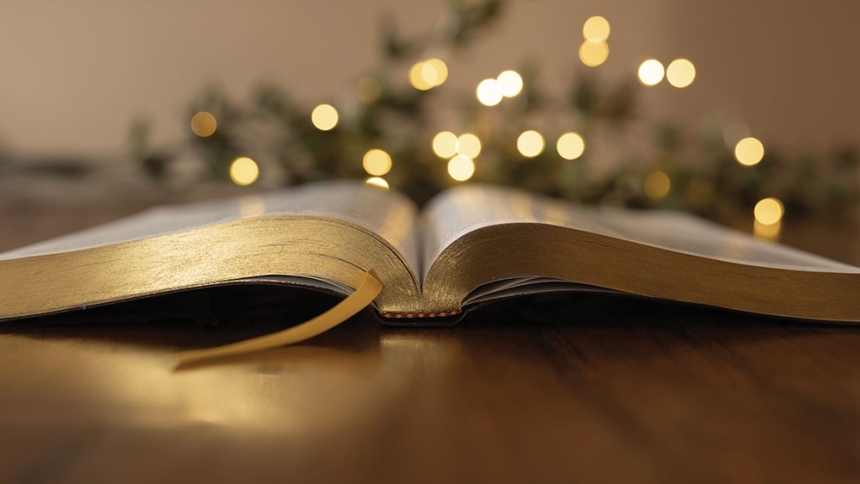
VATICAN CITY (CNS) - A group of Christians and Buddhists engaged in dialogue urged members of their religions to work together to bring hope and compassion to a troubled world.
"In these troubled times, we refuse to give in to despair, for we strongly believe that in the midst of dark clouds, those who are deeply rooted in their respective religious traditions and willing to work together with everyone can bring a ray of hope to a desperate humanity," the representatives said in a final declaration released Nov. 16.
"We believe that now more than ever, we need to work together and with a great sense of responsibility," it said, listing seven points of "shared action" to implement in their respective regions.
The final statement came at the end of the seventh Buddhist-Christian Colloquium held in Bangkok, Thailand, Nov. 13-16. The colloquium was organized by the Dicastery for Interreligious Dialogue, together with the Catholic Bishops' Conference of Thailand, two major Buddhist universities, a Buddhist monastic order, Bangkok's Temple of the Reclining Buddha and a Thai foundation.
About 150 Buddhists and Christians from 12 Asian nations, the United Kingdom and the Holy See took part to discuss the theme, "Karu?a and Agape in Dialogue for Healing a Wounded Humanity and the Earth."
"Nourished by their respective spiritual teachings, Buddhists and Christians, for thousands of years, have adopted compassionate ways of living to address the suffering of life," the final statement said.
The seven shared actions the participants agreed on were continued prayer, education, dialogue, cooperation, acknowledging suffering, cultivating empathy and promoting innovation.
"There will be no peace without dialogue. Dialogue can prevent violence," offer healing and inspiration, it said. "It can mobilize different religious groups to seek justice and truth, to protect the planet, and to protest against its destruction."
"We need to cultivate empathy for the suffering of others and the environment. Thus, we need compassion in political and economic decisions," it said.
"We need to cooperate with everyone: civil society, followers of other religions, media personnel, governments, international bodies, academic and scientific communities, and all other interested parties in order to foster an inclusive world," it said.
And it called for innovation in making their religious texts and "centuries of experience and wisdom" relevant to today's world and in scholarly efforts among academics and researchers "with the goal of helping religious movements to alter how they perceive, think and conceive of the other as well as the planet."
Caption: Cardinal Miguel Ángel Ayuso Guixot, prefect of the Dicastery for Interreligious Dialogue, poses for a photograph with a Buddhist dignitary at the Temple of the Reclining Buddha in Bangkok, Thailand, Nov. 16, 2023. The dicastery helped organize the seventh Buddhist-Christian Colloquium in Bangkok Nov. 13-16 to discuss the importance of dialogue for healing humanity and the earth. (CNS photo/courtesy of Dicastery for Interreligious Dialogue)



